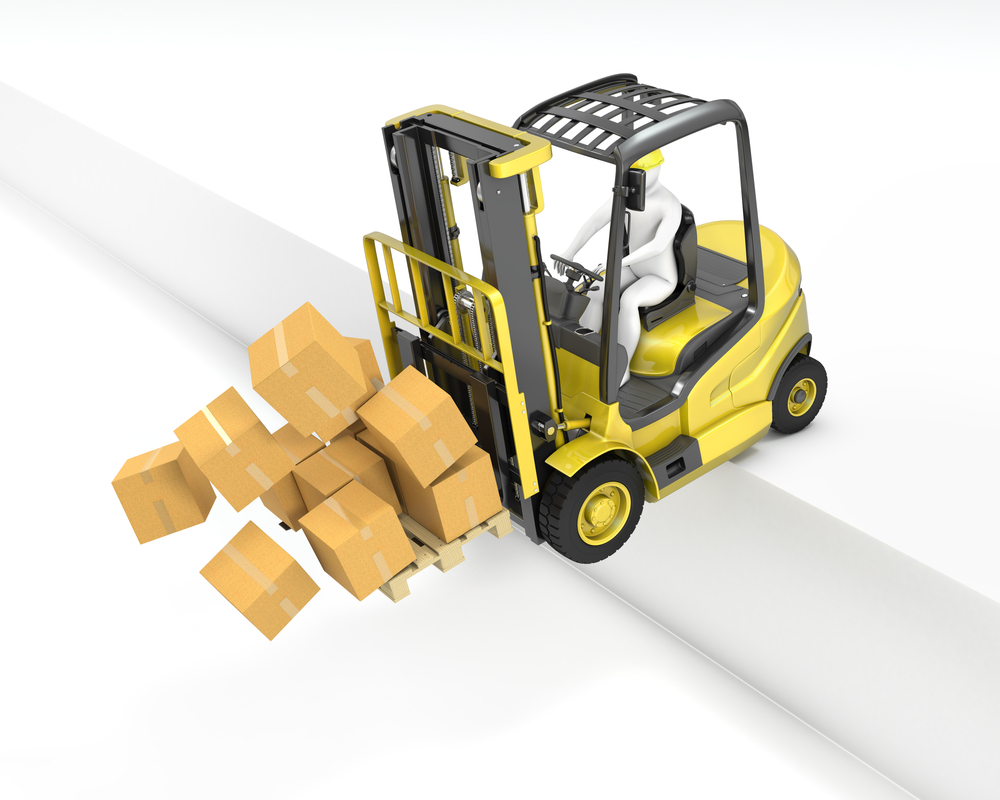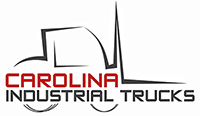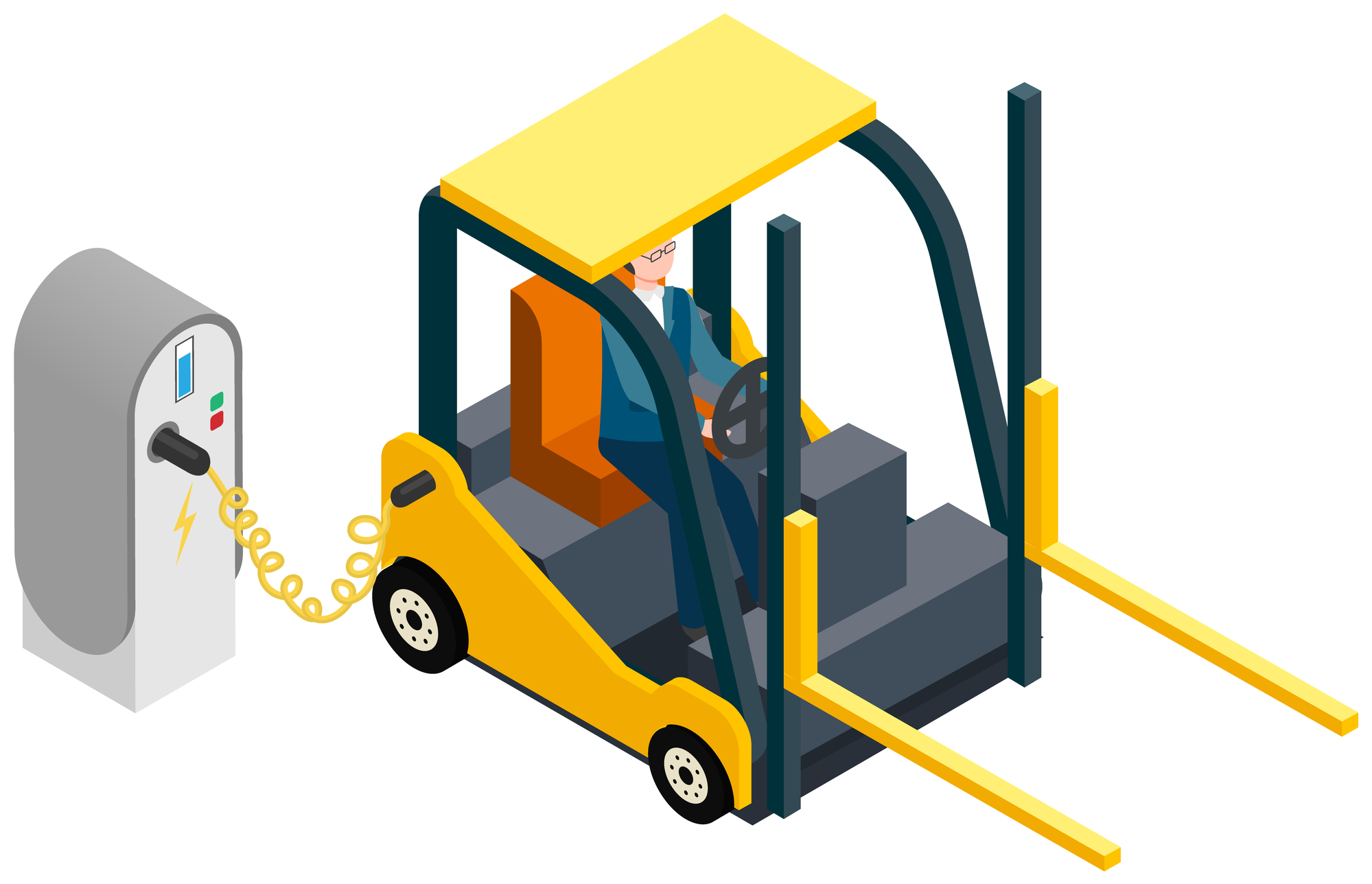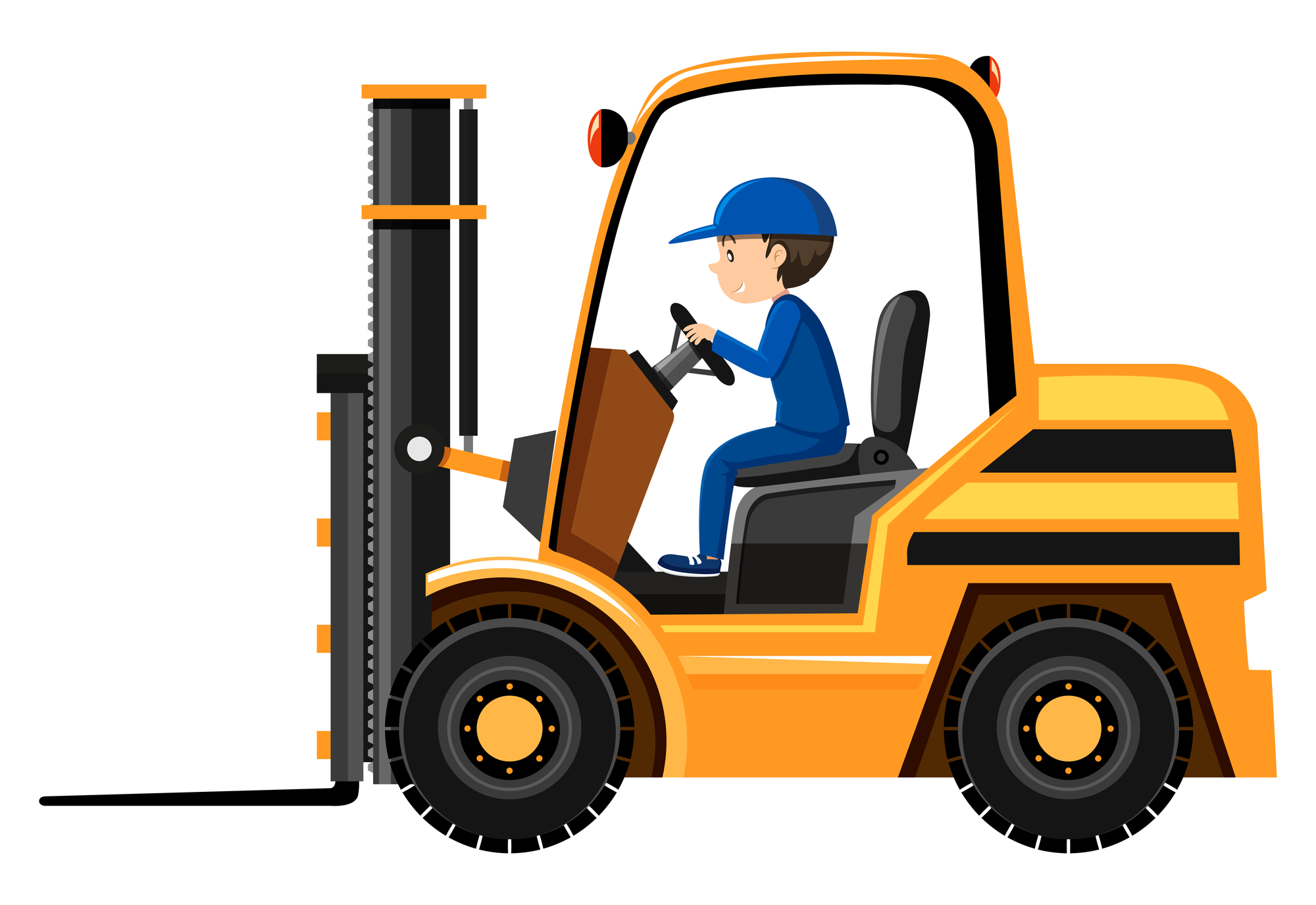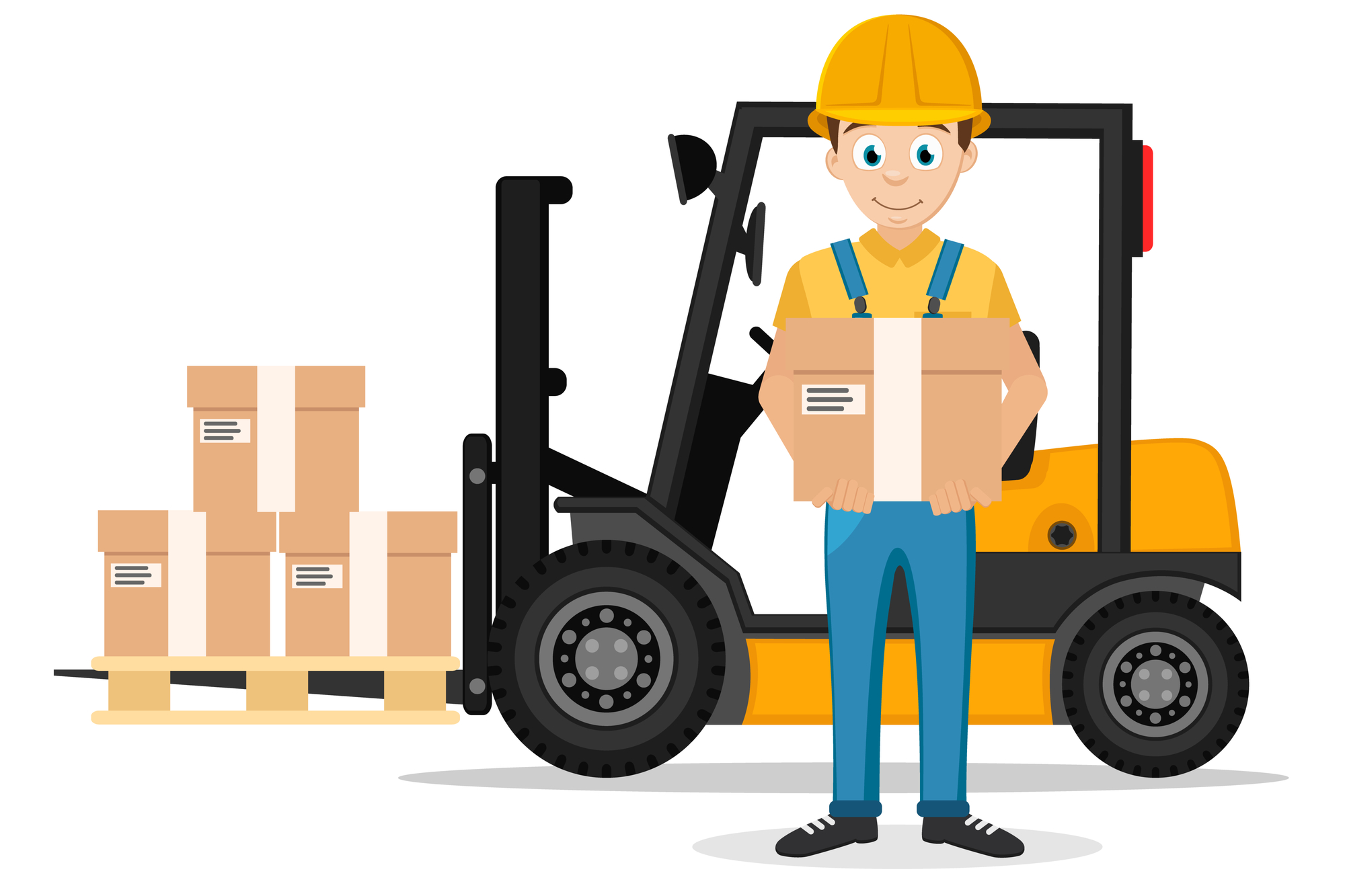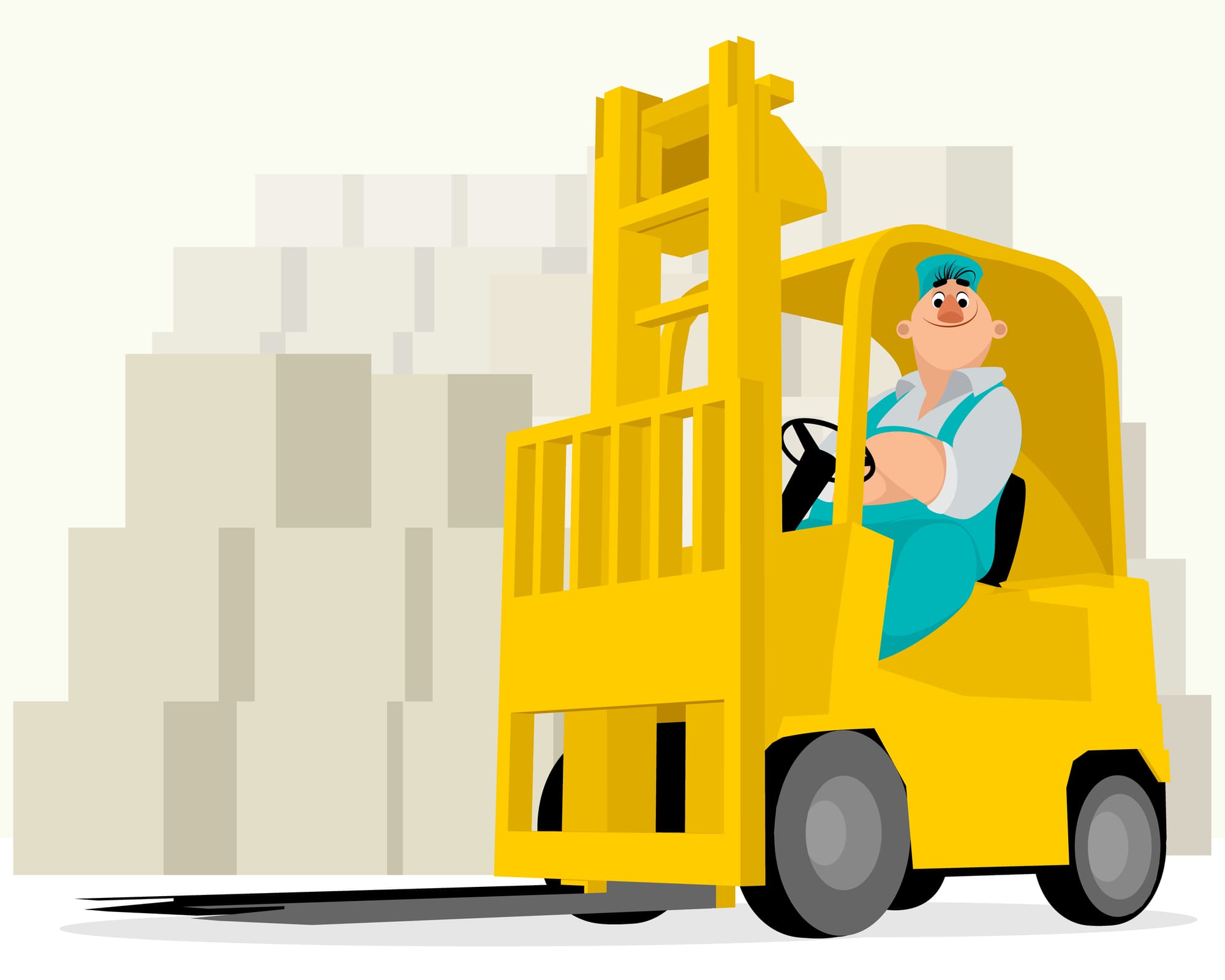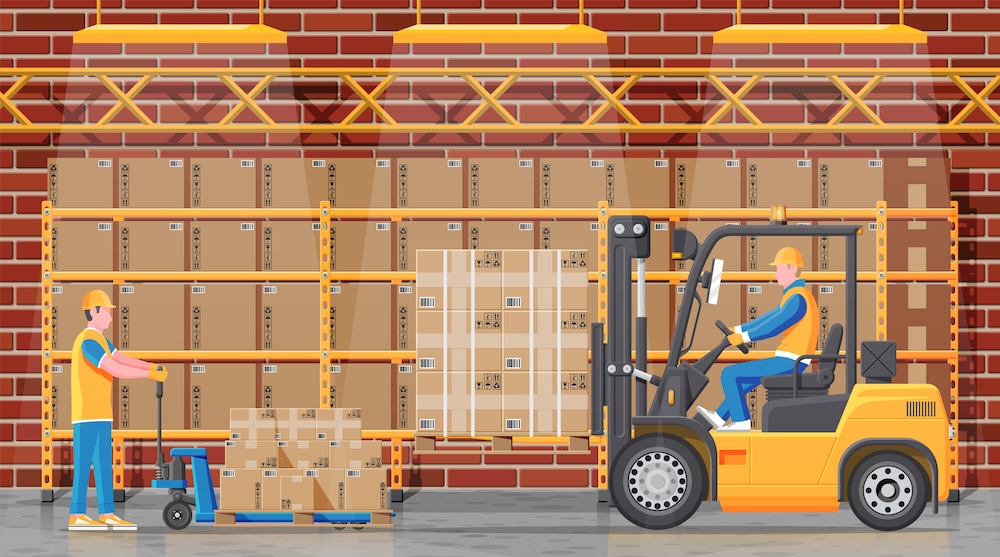The Most Common Forklift Accidents and What You Can Do to Stop Them
04/28/2020
CITrucks
Does your workplace advocate for proper forklift safety? Here are the most common forklift accidents and what you can do to help stop them before they occur.
Forklifts are a crucial piece of equipment for many businesses. Without the proper training, they can be a threat to the health and safety of all or your employees.
To prevent serious forklift accidents, there are some specific safety protocols all forklift operators should follow.
Heavy Loads Can Cause Forklifts to Tip Over
Every forklift has a specific load capacity that it can handle. If you don't know your forklift's capacity, it can result in a serious accident.
When the load is too heavy for the forks, and those forks are raised up, the weight can cause the entire piece of machinery to lean forward and tip over. Every driver should be clearly aware of the forklift's capacity. You should also know the weight of the load you're preparing to transport.
One way to avoid one of the most common forklift accidents is by checking the data plate, which should include the maximum load information. Keep track of which forklifts have which load capacity so you know you're using the correct one for each specific load.
If you notice that the forklift feels like it's leaning forward, it is likely due to too much weight. Lower the forks immediately and remove the load. Try to maneuver it using a different forklift that can handle it if there is one available.
Uneven Loads and Forklift Accidents
Besides the load being too heavy, some items may be uneven in shape and size. If you end up with an unusual load, the forks may not be able to handle the unusual design.
The forks on a forklift are flat, but if an asymmetrical or oddly shaped item is carried, it may tip over and fall off. This can result in injury to other people who may be nearby, and it can also cause the load to become damaged.
Make sure that your forklift can handle the unusually shaped load before you put it on the forks. If possible, try to get the load onto a wooden pallet first, then use your forks to move it safely.
Always drive with caution when carrying an unusual load. Drive at a slow rate of speed and watch the load carefully so it doesn't topple over or off of the forks.
Whether it's a fellow coworker or a wall, forklift drivers can accidentally crash into objects that get in their way. One of the most common reasons for this is if the driver is unfamiliar with their route and their surroundings.
Get to know your route carefully and come up with a specific "road" to travel to get from point A to point B. This will help you avoid accidentally hitting other objects, structures, and people.
Large warehouses with complicated layouts can make it difficult to maneuver a forklift. Come up with a game plan before you carry your load so that you're prepared and familiar with the route you're going to take.
Another common cause for minor forklift crashes is when the driver is simply not paying attention. Always drive fork liftsslowly and with caution, paying careful attention to any obstacles in your path.
Lack of Inspection and Maintenance
A forklift is very similar to any other vehicle in that it requires regular care and maintenance. Low hydraulic fluid levels or a dying battery can create a myriad of issues and potential accidents.
The hydraulic system in a forklift should be well maintained and inspected on a regular basis. If there's an issue with this system, the forks could drop down suddenly, resulting in a serious accident. Propane tanks should always be monitored for safety, where applicable.
Read your forklift manual carefully and make a note of when inspections are due. Safety inspections should be performed every month if possible. Failure to have your forklift inspected could result in an OSHA violation.
If using an Electric Powered Forklift, always check battery strength and fluid levels before you operate a forklift. A quick safety checklist should be updated daily before the forklift is driven.
Even the forks themselves should be included as part of your inspection. This simple task can play a major role in preventing a variety of common forklift accidents.
Forklift Rollovers
One of the most common accidents involving forklifts is when they roll over. This is usually a result of the driver going to fast or turning a sharp corner too quickly.
Always maintain a slow speed and pay attention to the "road" in front of you. Make sure that you've received the proper driver training before you operate a forklift. Even if you're an experienced driver, you should be re-trained any time you drive a new machine.
With the right training and good driving habits, forklift rollover accidents can easily be avoided. Be conscious of your surroundings and your speed, and this common accident shouldn't be an issue.
Safe Forklift Driving
From a load that's too heavy to improperly maintained machines, forklift accidents can be avoided if you follow the proper protocols. Have your machine inspected regularly and perform a daily safety check to keep your forklift operating in top condition.
When in doubt, ask about certification and training so you can be sure you're following the proper operating procedures.
To learn more about our forklifts, training, and other services, please visit our website today and contact us for more information.
